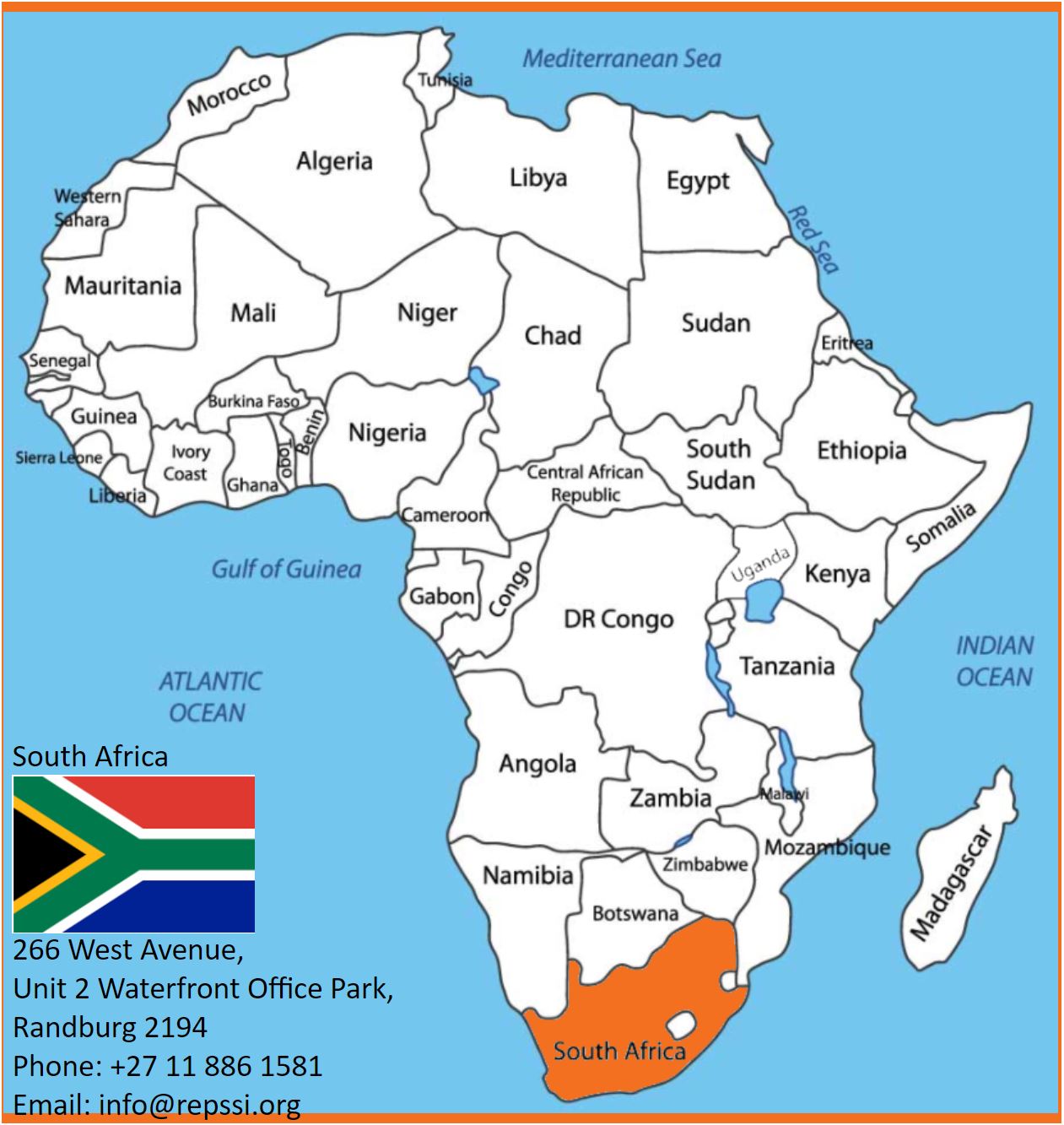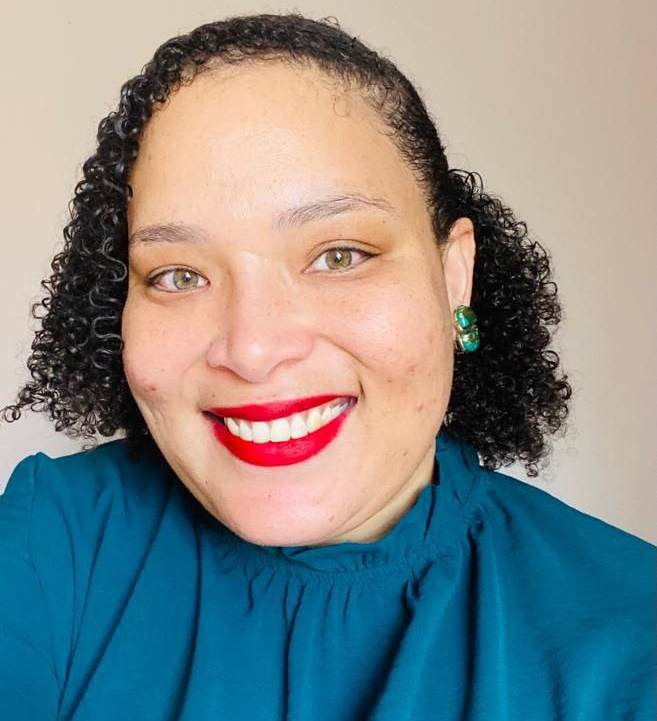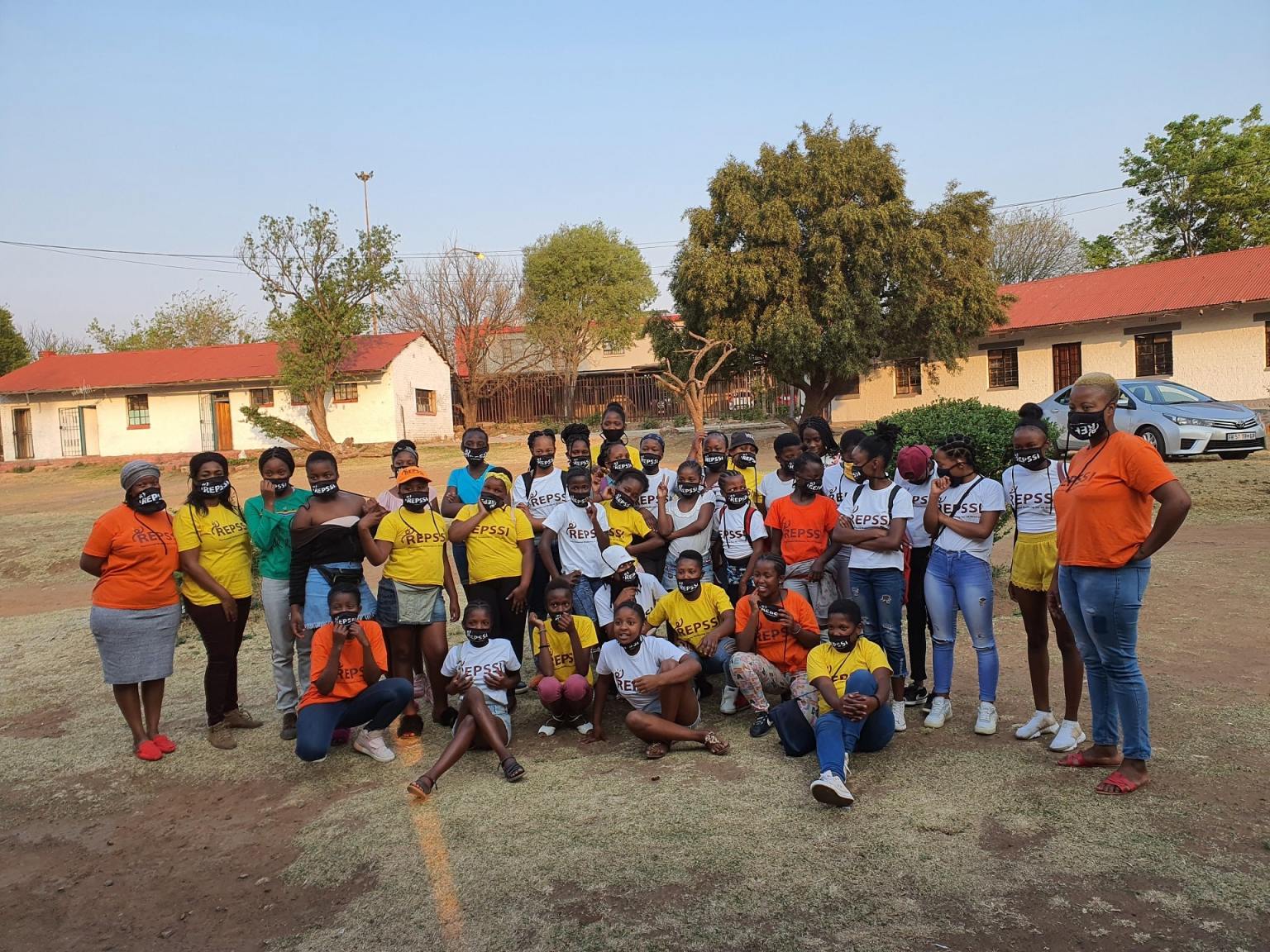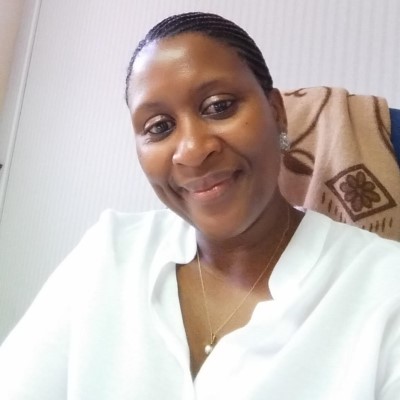Issues affecting children and young people in South Africa
-
South Africa has a generalised, hyperendemic HIV epidemic, and is home to the largest number of people living with HIV (6.4 million). Trends show a growing HIV epidemic among the general population in South Africa, with prevalence rising from 10.6% in 2008 to 12.2% in 2012.
-
Prevalence is presumed to have risen as a result of the effects of increased ART coverage and subsequent decrease in mortality. Evidence shows a decrease in the total number of people dying from AIDS from 300 000 in 2010 to 270 000 in 2011, to 136 000 in 2014.
-
Despite this progress, HIV burden for the general population remains high. There are great variations by province, from 5% in the Western Cape to 17% in KwaZulu-Natal, though there are hot spots within lower prevalence provinces. There are more PLHIV in the City of Durban that in the whole of Brazil.
-
There is also a wide variation of disease burden across age, race, gender, socio-economic status. Further, according to SANAC, HIV prevalence also varies greatly by age and sex, with women age 30-34 having the highest burden, at 36%, and young men age 15-19 having the lowest, at 0.7% (Figure 1.1.2). Importantly, this age disaggregated data highlights the disproportionately elevated vulnerability of young women and girls compared to their male peers. Adolescent girls 15-19 are eight times more likely to be living with HIV than boys in the same age group, and young women (20-24 years) are 3.4 times more likely. These data point to a dire need to address the socio-structural factors, which place young women and girls at higher HIV risk.
|
Repssi Work In South Africa
-
Together with the Department of Social Development (DSD), is piloting PSS indicators with 15 DSD implementing partners in three districts. Data capturers were appointed, data collection tools developed and baseline information collected. About 75 social service practitioners from implementing organisations were trained on the pilot process to use the indicators between January and March 2020. In April 2020, we validated the indicators and integrated them into the DSD reporting system for utilisation by partners across the nation.
-
Is partnering with the South African Human Rights Commission, June 16 Development Foundation, Afrika Tikkun, Save the Children and the Nelson Mandela Children's Fund in the Making our Community Safer and the Say No to GBV programmes in Orlando East and Diepsloot.
-
Facilitated, with other partners, a community dialogue in Orlando East, which highlighted improvements, which have been made, including: Police officers are now more active in responding to crime, the illegal dumping site was cleared, the playground and parks have been fenced off and security guards put in place. Suggestions for further improvement in the safety of children included persuading all 13 churches to have safe spaces for children; a parenting programme and interventions with children to address anger, bullying and violence.
-
In October 31, 2019, participants from five primary schools and three high schools, were trained to improve the psychosocial environment in schools. Participants were mainly teachers and included members of the school governing body, principals, social workers and community workers from referral organisations.
-
Afrika Tikkun used their own resources to run the Say no to GBV programme for children from two schools and the after-school programme in Diepsloot. A total of 23 implementers (18 females and 5 males) were trained to run the Say NO! workshops. Further, 203 (male and female) children from grade 8 to 10 attended the sessions which met at the Afrika Tikkun centre over 3 successive weekends.
|





